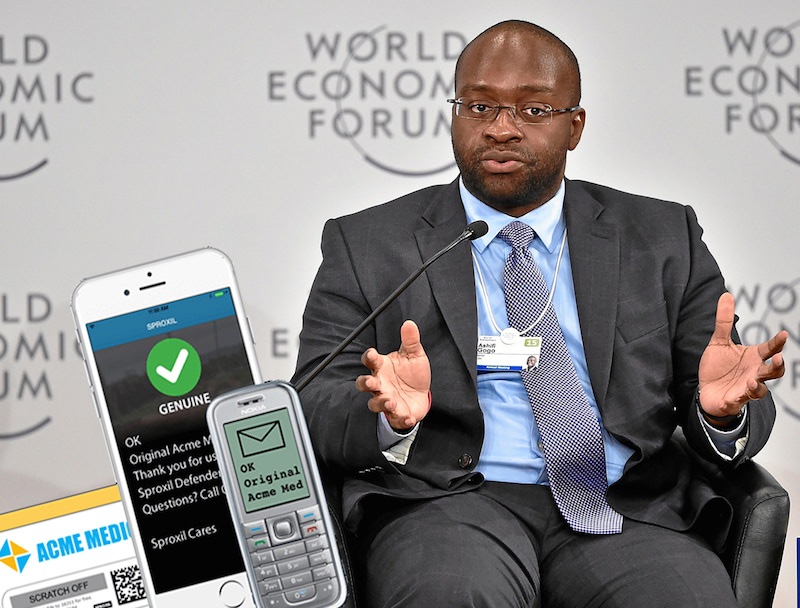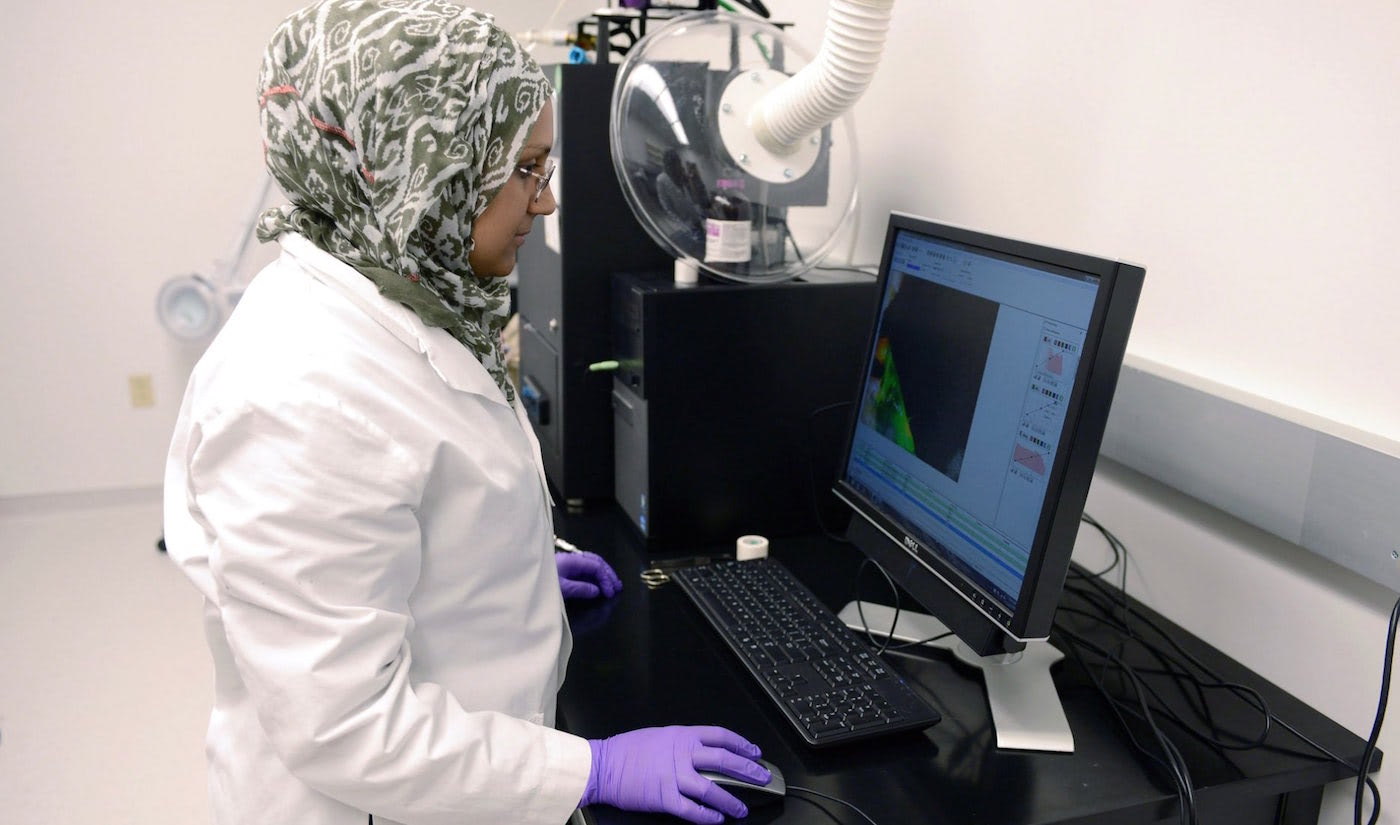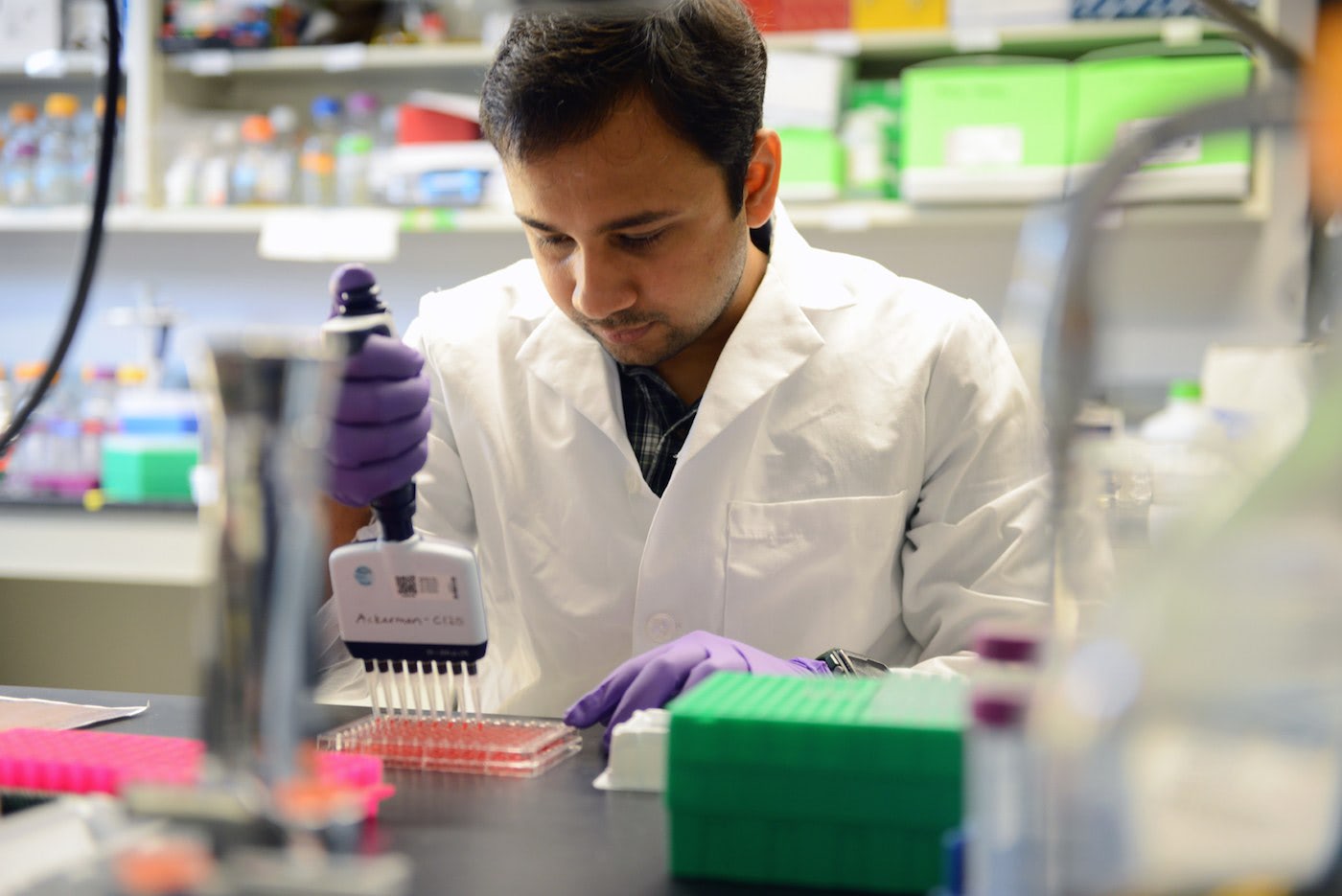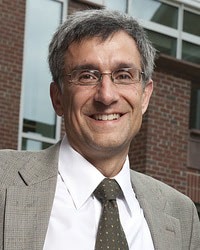- Undergraduate
Bachelor's Degrees
Bachelor of ArtsBachelor of EngineeringPartner School Dual-DegreeUndergraduate AdmissionsUndergraduate Experience
- Graduate
Doctoral Degrees
Doctor of PhilosophyPhD Innovation ProgramDoctor of Medicine-PhDGraduate AdmissionsGraduate Experience
- Research
- Entrepreneurship
- Community
- About
-
All Thayer News

Dr. Ashifi Gogo (Courtesy of World Economic Forum)
Losing international engineering students: bad for universities, bad for the economy
Jun 09, 2017 | by Dean Joseph Helble | LinkedIn
Many engineering deans are grappling with decreases of up to 30% in international applications to engineering graduate programs. In some cases, including ours, the decline is primarily in applications to professional master’s programs. For others, applications are either down in specific departments or across their entire engineering schools. In total, over three-quarters of the engineering deans I surveyed this spring have seen a substantial decrease of some kind, and expressed concern over its potential impact on their schools and the broader economy.
Over three-quarters of the engineering deans I surveyed this spring saw a substantial decrease in applications to engineering graduate programs.
At the Education Writers’ Association (EWA) National Conference this week, I had the opportunity to speak as a panelist about these concerning trends and what international students mean to engineering research, education, and technology development.
Why would engineering educators become concerned about a sharp decrease in international applicants? It many respects, it is part of a global search for the next generation of talented future researchers, inventors, and entrepreneurs. At Dartmouth, nearly 90% of international students remain immediately after graduation, contributing their technical knowledge and skills to the U.S. economy.

As a Dartmouth PhD candidate, Alisha D'Souza conducted research on non-invasive methods of staging cancer.
Nearly one-quarter of the 87 startup companies in the U.S. valued at $1 billion or more have a founder who came to the U.S. as an international student.
Nearly one-quarter (20) of the 87 startup companies in the U.S. valued at $1 billion dollars or more have a founder who first came to America as an international student, according to a recent study by the National Foundation for American Policy.
International students bring first-hand knowledge of different markets, tied to different global needs. As any engineering professor (or engineer at a multinational corporation) will tell you, developing renewable energy technology for India, medical products and devices for remote rural villages, or pharmaceutical verification technologies for Africa (as developed by Dartmouth graduate and Ghana native Dr. Ashifi Gogo) is far different than developing such technology for the United States.
Their contributions to our society begin at the university level, and their impact is significant.

Dr. Ashifi Gogo (Courtesy of World Economic Forum)
- Nationally, 47% of the engineering master’s degrees and 55% of engineering doctorate degrees were granted to international students in 2015, according to the most recent data from the American Society of Engineering Education.
- Electrical and computer engineering programs, where deep engineering expertise is central to the development of innovative technology, were the most international, with 65-70% of MS and PhD degrees in those fields granted to international students.
- Even in biomedical engineering, the least international of the major disciplines, just over 30% of MS and PhD degrees were awarded to international students in 2015.
- As we strive to increase gender diversity in our undergraduate engineering programs, international women are helping us make progress. In the fields that attract the smallest percentage of female students such as undergraduate electrical and computer engineering programs, the percentage of bachelor’s degrees awarded to women is 50% higher for international students.

The complete national picture on graduate engineering enrollments will not emerge until late summer, but early indications at Dartmouth’s Thayer School and several peer institutions are that acceptances of admissions offers may remain roughly on par with prior years.
While this steady yield provides some cause for optimism, the future is uncertain, according to my fellow EWA panelists Peter Butler, Penn State associate dean and professor of engineering, and Allan E. Goodman, president of the Institute of International Education. With continued negative rhetoric and the looming prospect of some form of travel ban still undetermined, we remain concerned about the far-reaching and long-term consequences for U.S. leadership in higher education and in technology-driven innovation, job creation, and economic growth.
Our EWA session moderator, journalist Kavitha Cardoza, spoke of her dream, as a young girl in India, of coming to the U.S. to study. Such dreams continue to fuel the imaginations of talented youth the world over. But as our panel discussed, policies and rhetoric that suggest they are not welcome will harm our universities, erode our position of leadership in technology-fueled innovation, and ultimately, cause new jobs to be created not here, but in the countries that welcome them. To many of us, this is a recipe for economic disaster.
Link to source:
https://www.linkedin.com/pulse/losing-international-engineering-students-bad-economy-joseph-helble
For contacts and other media information visit our Media Resources page.

